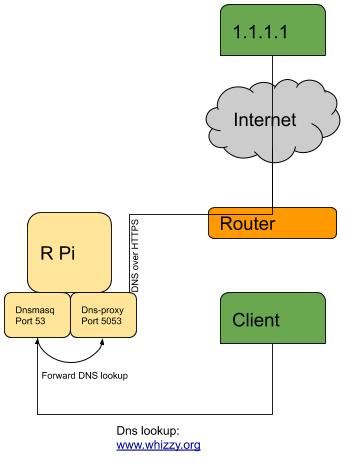
Linux distributions are all about freedom of choice for the end-user. However, there is a natural element of competition too. So, why did Philip Müller, one of the founders of the Manjaro distribution, come to the 2019 Snapcraft Summit in Montreal?
There are several good reasons, according to Philip. First, he says, “Manjaro and Ubuntu have similar goals of making software simple to install, for example, by using snaps. Second, Snapcraft has evolved to embrace different Linux distributions, thanks to a deliberate decision by Canonical.” Philip also points to the growing maturity of the Snap Store and its reach extending further than just Ubuntu users. Third, Philip finds that “the Summit is good for networking with other projects and finding out how they fit into the Linux ecosystem.”
Manjaro is based on Arch and releases new versions about twice a year since the launch in 2011. Primarily targeted at Linux beginners and intermediates, Manjaro does also attract more knowledgeable users depending on their needs. Packaging decisions are guided by what users want, which explains Manjaro’s growing interest in snaps – especially given the fact that Manjaro has three editions to support and many community editions. For the main ones, Philip and team decide on what core apps are delivered and if snapd is one of those then he sees an increased likelihood of the community editions following suit. As confirmed during the Summit, Philip states that “Snap Store access will be available on KDE, XFCE and GNOME editions of Manjaro.”
In his opinion, “open source needs a new, collaborative model, as opposed to the secrecy of closed source. Collaboration helps get things done faster and allows a stronger focus on the end product and value to users.” In summary, if a user continues to use Manjaro as their operating system, the addition of snaps offers an easy additional way to install more software for them.
Manjaro distributes its apps using the Arch package manager, Pacman, and Manjaro’s own graphical version called Pamac – also easy to use in the terminal with Debian-like commands. Additionally, it serves as a builder for source packages from the AUR – a wide range of scripts provided by the Arch community. Currently, there are ongoing efforts to integrate snap and Flatpak support into Pamac to have one simple to use package manager for everything.
While acknowledging the strengths of snaps, Philip and Manjaro are ready to offer some constructive criticism too. As Philip states, “a big advantage is that software distributed as a snap can still work, even if it is out of sync with current system libraries. Another advantage is the automatic updating of snaps and that once installed, the user input is reduced as they can just forget about it.” On the other hand, Philip finds that “snaps do not always integrate with themes and may take more disk space if they need to install shared runtimes.”
Philip offers pragmatic advice to anyone thinking about using snaps: “See if the technology will give you an advantage. Simplicity is a key point, if it is complex, no one will use it”. In the meantime, Philip and Manjaro are investigating on how to give all their supported desktop environments the possibility for users to get easy access to the Snap Store via a graphical interface, as well as via the command line.
The post Manjaro, snaps and the spirit of collaboration appeared first on Ubuntu Blog.







